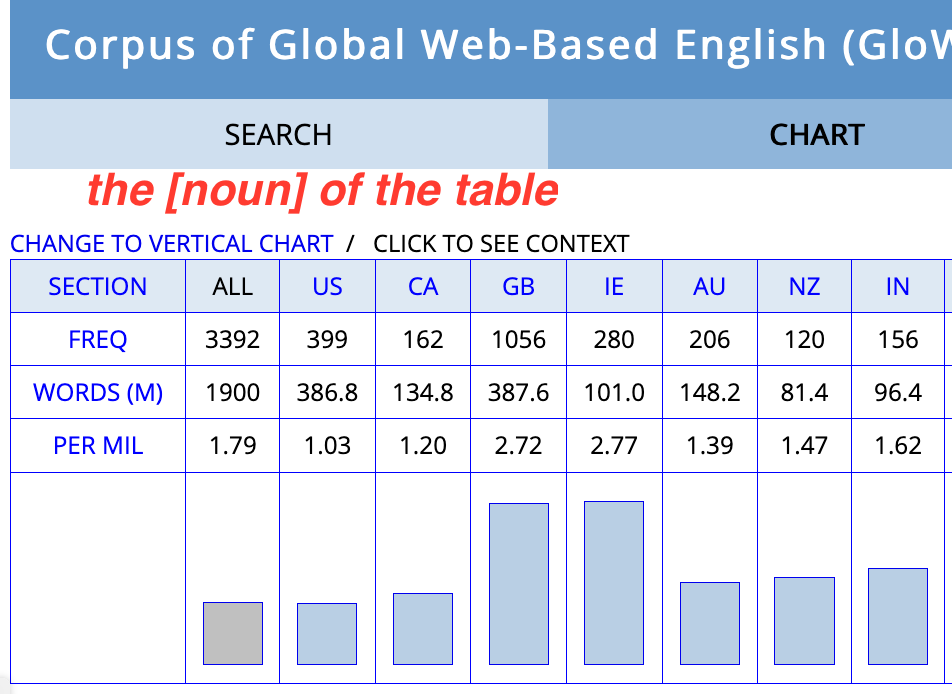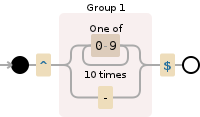

This is called backreference, and it will help us do what we want: add another argument in the middle of the call: But now we can refer to the first argument as $1 and to the second argument as $2. This is because it matches the same text. If you run this RegEx, you will see that nothing changed. Let’s make each of our arguments a separate capture group by adding ( and ) symbols around them: loadScript\((.*?),(.*?)\) In the previous RegEx, we defined two arguments of our method call with the. But we need to match actual bracket characters. We need to escape symbols ( and ) because they are special characters used by RegEx to capture parts of the matched text. The only things which might seem strange here for you are the \ symbols. Which means: “match everything starting with "loadScript(" followed by anything up to the first, then followed by anything up to the first )” loadScript\(.*?.*?\)Ībove you can see the result of running the following Regular Expression: loadScript\(.*?.*?\) We can’t use normal replace feature of our text editor here, but a Regular Expression is exactly what we need. Let’s name this new argument id, so the new function signature should look like this: loadScript(scriptName, id, pathToFile). Let’s suppose we changed our loadScript method and now it suddenly needs another argument inserted between its two arguments.

But what if we want to change parts of the text we found? We often have to make use of capture groups for that. Which means, “match everything starting with "loadScript" followed by anything up to the first occurrence of "lua"" loadScript.*?lua: matches everything starting with loadScript and up to the first occurrence of “lua” 4) ( ) $ - Capture Groups and Backreferences If you wanted to match everything up to the first occurrence of "lua" instead, you would use the following RegEx: loadScript.*?lua

* and some other RegEx sequences means “match as little as possible.” If you look at the previous picture, you will see that text “lua” is seen twice in every match, and everything up to the second “lua” was matched. Which means, “match all text starting with “loadScript” followed by anything up to the last occurrence of “lua”“ loadScript.*lua: matches everything starting with "loadScript" and ending in "lua" 3) ? - Non-Greedy Match You can use the following Regular Expression for this: loadScript.*lua Let’s suppose we have a javascript method with the following signature: loadScript(scriptName: string, pathToFile: string)Īnd we want to find all calls of this method where pathToFile points to any file in the folder “lua”. *) they mean “any symbol any number of times.” You can use it, for example, to find matches starting with or ending in some text. means “any character” and * means “anything before this symbol repeated any number of times.” Together (. But if you want to search for the dot symbol, you need to escape it with \, so this RegEx will only match the exact text "b.t": b\.t 2). matches any character: b.tĪbove RegEx matches "bot”, "bat” and any other word of three characters which starts with b and ends in t. Here is how you do this in VS Code: You need to enable RegEx by checking this option 1). Also, note that you usually need to turn on RegEx somewhere near the search input.
#Regex for number with hyphen code#
While almost any text editor supports Regular Expressions now, I will use Visual Studio Code for this tutorial, but you can use any editor you like. Always wanted to learn Regular Expressions but got put off by their complexity? In this article, I will show you five easy-to-learn RegEx tricks which you can start using immediately in your favorite text editor.


 0 kommentar(er)
0 kommentar(er)
